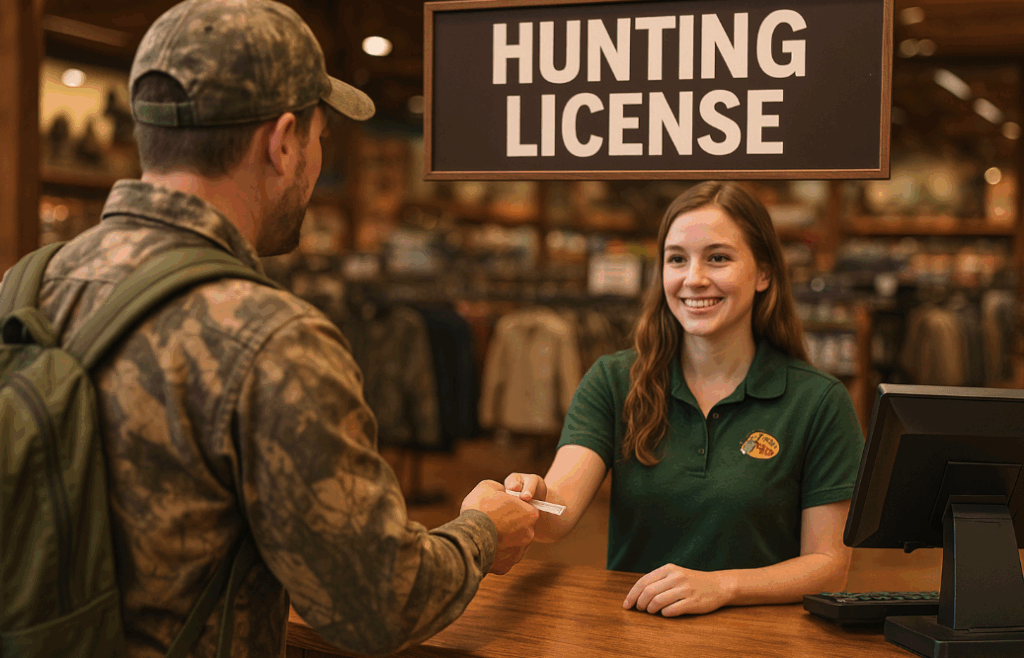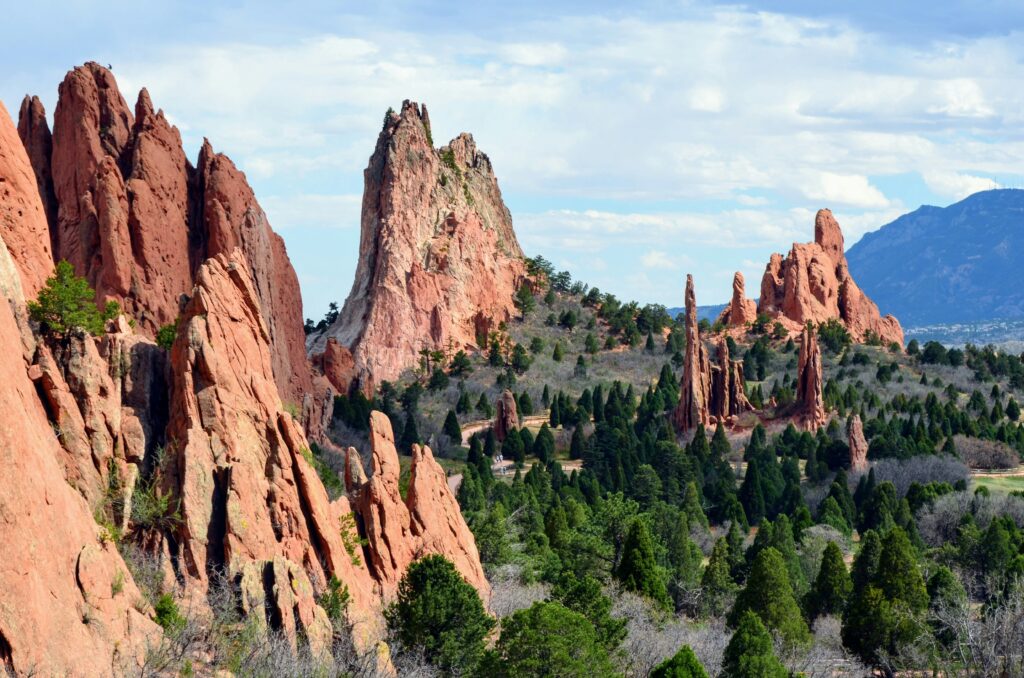Take an Official State-Approved Hunter Safety Course
Quick answer
If you were born on/after Jan 1, 1949, you need hunter education (or use a one-year Apprentice Hunter Certificate with a mentor).
Then buy your license online (CPWshop), by phone, or at an agent.
Add whatever else your hunt requires

Obtaining a hunting license in Colorado is a straightforward process designed to ensure that hunters comply with state regulations and promote responsible wildlife management. Whether you are a resident or a visitor, understanding the requirements and steps involved is essential before heading out into Colorado’s diverse hunting grounds.
In Colorado, anyone who wishes to hunt wildlife must generally possess a valid hunting license issued by the Colorado Parks and Wildlife (CPW) agency. This requirement applies to both residents and non-residents, with specific distinctions based on residency status and age.
Exemptions exist for some individuals. For the most accurate and detailed information, consult the official Colorado Parks and Wildlife website at https://cpw.state.co.us.

Youth can apply for big-game licenses at age 11 if they’ll turn 12 before they hunt; they may hunt big game from 12–17. Youth pricing also exists for small-game licenses (generally under 18), and regular supervision and hunter-education/apprentice rules still apply.
Residents benefit from lower license fees and access to certain resident-only hunting opportunities. Non-residents must purchase non-resident licenses, which are priced higher and may have different application processes, especially for limited draw hunts.
Colorado offers a variety of hunting licenses tailored to different categories of hunters. These include resident, non-resident, youth, senior, and specialty licenses. Some licenses are available as combination packages that include both hunting and fishing privileges.
Resident or Nonresident Hunting Licenses: Your basic credential to hunt.
Big-game licenses: Issued either by limited (draw) or as OTC depending on species, unit, season, and method.
Youth & Senior options: Discounted licenses are available; check the current lineup each year.
Bundles/combos: Colorado offers combinations (e.g., small game + fishing) that can save time and money if you do both.
Colorado runs limited license draws for many deer, elk, pronghorn, bear, and moose/sheep/goat seasons. To enter the primary or secondary draw, you must first buy a qualifying license (typically an annual small game or spring turkey). Not chasing a draw? OTC licenses remain a staple for certain elk, bear, and other opportunities. No points, just buy for eligible units and seasons.
Most hunters ages 18–64 need one Habitat Stamp per year (a single purchase covers all your licenses that season; a lifetime option exists). If you hunt migratory birds, complete HIP each year. Waterfowlers also need the Colorado State Waterfowl Stamp, and if you’re 16+, the Federal Duck Stamp. Some places or seasons call for additional permissions (for example, archery or muzzleloader-only seasons).
Purchase online at CPWshop, by phone, or at license agents and CPW offices. You can store and display multiple licenses in the MyCPW or myColorado apps for added convenience. Big-game carcass tags are not digital—they’re physical, must be signed/voided as directed, and attached to the animal in the field.
For big game (and turkey), void and attach your tag exactly as the regulations describe, and keep any required evidence of sex with the carcass during transport. Always read unit-specific notes—weapon restrictions, season nuances, and access rules can change year to year.
Colorado’s Landowner Preference Program helps landowners with draw preference and vouchers, but it doesn’t waive the license or tag requirement—you still need them to hunt. Many State Wildlife Areas (SWAs) require either a valid hunting/fishing license or an SWA access pass simply to enter; check the posting for the area you plan to use.
Finish hunter ed (or use the Apprentice waiver with a mentor).
Decide: are you applying in the draw (buy a qualifying license first) or going OTC?
Add the Habitat Stamp (18–64) and any species-specific tags/stamps (HIP, waterfowl stamps, etc.).
Buy at CPWshop or an agent, carry licenses digitally where allowed, and bring your physical carcass tags.
Tag correctly in the field and follow any unit-specific rules.
This is a FREE Boating course.